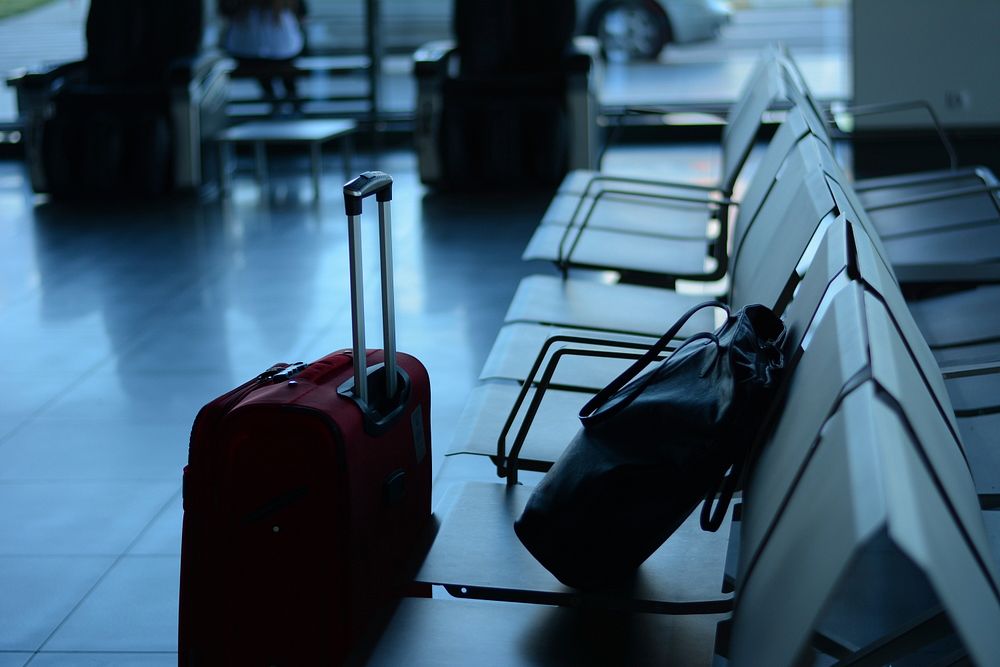Safety Tips for Solo Travellers (Women, LGBTQ+ Travellers)

Solo travel is an empowering and enriching experience that allows individuals to explore new cultures, build confidence, and discover personal freedom. However, solo travelers—particularly women and LGBTQ+ individuals—face unique challenges that require extra precautions. While the world is becoming more accepting, discrimination, harassment, and safety risks still exist in many places.
In this guide, we will outline comprehensive safety tips to help solo female travelers and LGBTQ+ travelers stay secure while embracing the joys of independent travel.
Why Solo Travel Safety is Important for Women and LGBTQ+ Travelers
While solo travel is generally safe, there are some risks that disproportionately affect women and LGBTQ+ individuals. Some common challenges include:
- Street harassment: Catcalling, unwanted advances, and inappropriate behavior towards solo female travelers.
- Legal restrictions: Some countries criminalize LGBTQ+ identities or public displays of affection.
- Safety concerns: Increased risks of theft, scams, and physical harm.
- Cultural barriers: Misunderstanding or rejection of LGBTQ+ identities in certain communities.
Understanding these challenges helps travellers prepare better, allowing them to explore confidently while minimizing risks.
Pre-Trip Planning: Preparing for a Safe Journey
-
Research Your Destination
Before choosing a travel destination, research its safety ratings for women and LGBTQ+ travelers. Consider:
- Crime rates: Check if solo travelers are commonly targeted.
- Laws and regulations: Some countries have strict anti-LGBTQ+ laws. Websites like Equaldex provide up-to-date information.
- Cultural norms: In conservative cultures, modest dressing and discretion in behavior may be necessary.
Resources like U.S. State Department travel advisories, Safe Travels for Women, and LGBTQ+ travel forums can provide insights.
-
Book Accommodations Wisely
Choosing the right accommodation is essential for safety. Consider:
- Reputable hotels and hostels with high security ratings.
- Women-friendly hostels or LGBTQ+-friendly accommodations (platforms like Misterbnb specialize in LGBTQ+ stays).
- Private rooms for extra security instead of shared dormitories.
Look for reviews that specifically mention security and location.
-
Learn Basic Local Phrases
If traveling to a non-English-speaking country, learning key phrases like “Help!”, “I need a police officer”, and “Where is the embassy?” can be lifesaving in emergencies.
Packing Essentials for Safety
-
Carry Personal Safety Gadgets
Packing the right safety items can help you feel more secure:
- Personal alarm – Emits a loud noise to deter attackers.
- Door stop alarm – Adds security to hotel doors.
- Whistle – Can alert others in an emergency.
- Pepper spray (if legal in your destination) – A non-lethal defense tool.
- Anti-theft bag – Secure compartments help protect valuables.
-
Keep Emergency Copies of Important Documents
Have both digital and hard copies of:
- Passport and visa
- Travel insurance
- Emergency contacts
- Local embassy details
Store copies in multiple locations, including a secure online cloud.
Staying Safe in Your Accommodation
-
Check Security Features Before Booking
Before booking a stay, check if the hotel or Airbnb offers:
- 24-hour reception
- Key card entry or double locks
- Surveillance cameras in public areas
- Well-lit surroundings
-
Secure Your Room
Once checked in:
- Always lock doors and windows.
- Use a portable door lock for extra security.
- Avoid answering the door for unknown visitors.
- Keep valuables in a hotel safe or locked suitcase.
Navigating Public Spaces Safely
-
Avoid Walking Alone at Night
Stick to well-lit, populated areas and avoid:
- Deserted alleys or parks at night.
- Flashing expensive items like jewelry or electronics.
- Accepting unsolicited help from strangers.
-
Use Trusted Transportation
- Use official taxis or rideshare apps like Uber and Bolt.
- If using public transport, sit near other women or families.
- Send your ride information to a trusted friend or family member.
-
Be Aware of Your Surroundings
- Walk with confidence and avoid looking lost.
- Keep your phone and valuables in a crossbody bag.
- If you feel followed, enter a public shop, hotel, or police station.
Socializing Safely While Traveling
-
Be Cautious When Meeting New People
- Avoid sharing personal details like your hotel address.
- Meet new acquaintances in public, well-lit locations.
- Trust your instincts—leave if someone makes you uncomfortable.
-
Safe Dating Practices for LGBTQ+ Travelers
- Use LGBTQ+-friendly dating apps with caution (Grindr, HER, Taimi).
- Arrange first dates in public places.
- In hostile countries, avoid public displays of affection.
Technology for Safety
-
Use Safety Apps
- bSafe – Sends emergency alerts to contacts.
- GeoSure – Provides real-time safety ratings for different neighborhoods.
- Sitata – Alerts travelers of local risks and disruptions.
-
Share Your Location with Trusted Contacts
Regularly update friends or family on your whereabouts. Apps like Find My Friends or Google Maps location sharing can be helpful.
-
Use a VPN for Cybersecurity
Protect personal data when using public Wi-Fi, especially in hotels, by using a Virtual Private Network (VPN).
LGBTQ+ Specific Safety Tips
-
Know the Local Laws
- Some countries have strict anti-LGBTQ+ laws.
- Research legal risks using resources like Equaldex.
- Avoid displaying affection in unsafe environments.
-
Seek LGBTQ+-Friendly Spaces
Find safe community hubs like:
- LGBTQ+ bars and cafes
- Pride centers
- Safe travel forums (like IGLTA – International LGBTQ+ Travel Association)
Women’s Specific Safety Tips
-
Handle Street Harassment Smartly
- Ignore catcalling and avoid confrontation.
- Walk with confidence and purpose.
- Have an exit strategy in uncomfortable situations.
- Use Female-Only Services When Available
- Women-only taxis (found in places like India and the UAE).
- Women’s train compartments in certain countries.
- Female travel groups for added safety.
Emergency Preparedness
-
Know How to Get Help
- Save the local emergency numbers in your phone.
- Have contact details for your country’s embassy or consulate.
- Know the location of the nearest hospital.
-
Have an Emergency Fund
Keep cash or a credit card separate from your main wallet for unexpected situations.
Conclusion
Solo travel can be an incredibly fulfilling experience, but safety should always be a top priority. By planning ahead, staying aware of your surroundings, and using technology wisely, women and LGBTQ+ travelers can explore the world with confidence.
Remember: Trust your instincts, stay alert, and enjoy the adventure!
Frequently Asked Questions (FAQs)
- What is the safest country for solo female travelers?
Countries like Japan, Iceland, New Zealand, and Canada are known for their safety and respect for women travelers. - How can LGBTQ+ travelers find safe destinations?
Websites like Equaldex and ILGA World provide safety information on LGBTQ+ rights worldwide. - Should I avoid solo travel as a woman or LGBTQ+ traveler?
Not at all! With the right precautions, solo travel can be safe and rewarding. - What should I do if I feel unsafe abroad?
Seek help from local authorities, move to a crowded area, and contact your country’s embassy if needed. - What are the best solo travel safety gadgets?
Personal alarms, door stop alarms, anti-theft bags, and safety apps are excellent tools for solo travelers.
Most searched posts:
Tips for Travelling on a Tight Budget in India
Destination Guides for Budget Travellers in India
15 Best Places to Visit in North India
15 Best Places to Visit in South India
